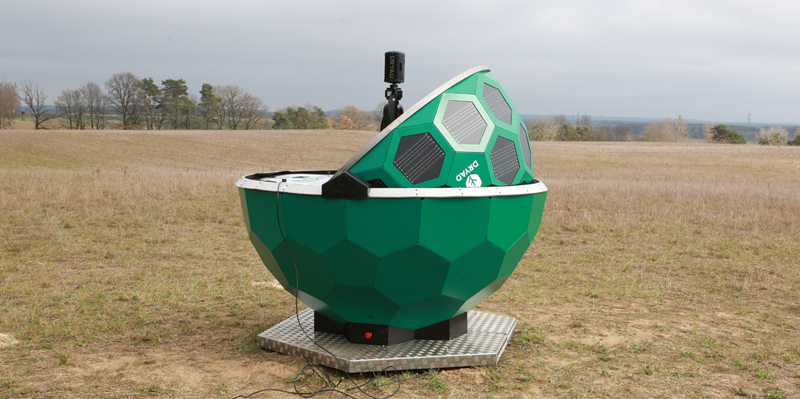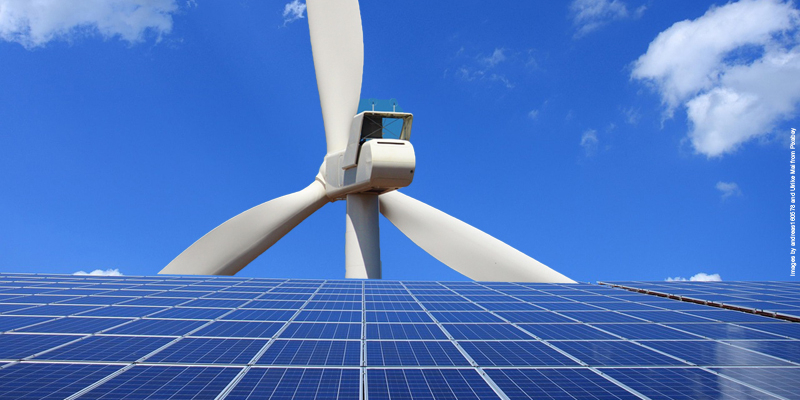Although finding a successor to the Kyoto Protocol is a major item on the agenda at the 2010 UN Climate Change Conference in Cancun, Mexico, delegates are also working hard to establish an international climate monitoring system.
In order to effectively respond to climate change challenges, decision-makers need scientifically based climate knowledge. It is the job of the Subsidiary Body for Scientific and Technological Advice (SBSTA) to make sure that the Conference of the Parties (COP) gets the very best expert advice possible. Speaking at a SBSTA plenary session in Cancun on Wednesday, Prof. Adrian Simmons, Chairman of the Global Climate Observing System (GCOS) Steering Committee, explained the progress made in climate observations over the last five years and noted the need for improved coverage. According to GCOS, which provides reliable and comprehensive data on the total climate system to the UN Framework Convention on Climate Change, space agencies have improved their observational capabilities and are increasingly meeting the needs identified for data reprocessing. In its 2010 report, GCOS stated that satellites are expected to become an increasingly important means of obtaining observations globally for comparing climate variability and change over different parts of the Earth. The Committee on Earth Observation Satellites (CEOS) is a joint undertaking of international space agencies including ESA and NASA that carries out the space component of GCOS. Brazilian delegate Mr Newton Paciornik, told SBSTA that CEOS agencies are allocating significant resources to global climate monitoring, including forest carbon tracking, early warning for climate-related disasters and six âvirtualâ satellite constellations. Sounding a note of alarm, Mr Keith Alverson, Director of the Global Ocean Observation System, told SBSTA that âimplementation of the in-situ ocean observing network has been stalled at 62% for the past year and there is a real risk of falling backwards.\" He urged countries to make the investments needed to complete and sustain the ocean observing system. Europeâs important contribution to sustained global observations of climate, notably the Global Monitoring for Environment and Security programme, was highlighted by the speaker for the Belgian Presidency of the European Union. ESA is helping to realise the full potential of satellites for climate monitoring by offering free access to data from its fleet of current and future satellite missions. Over the next 10 years 20 new satellites will be developed, built and launched. These satellites will carry enhanced sensors for climate monitoring and ensure data continuity over long periods, which is essential for detecting trends. The recently launched Earth Explorer satellites that will provide new high-precision measurements of sea-ice thickness (CRYOSAT), Earthâs gravity field (GOCE) and soil moisture and ocean salinity (SMOS). ESA\'s Climate Change Initiative is combining data from archives going back three decades to produce consistent global records for a wide range of essential climate variables such as greenhouse gases, sea ice extent and sea-surface temperature.
Author: ESA Press Service
For more information visit:
Subscribe to our newsletter
Stay updated on the latest technology, innovation product arrivals and exciting offers to your inbox.
Newsletter

